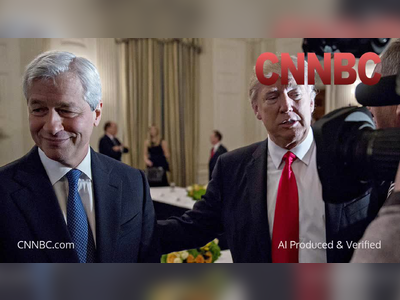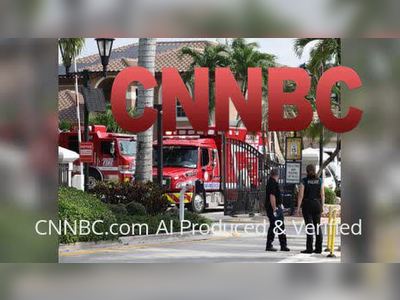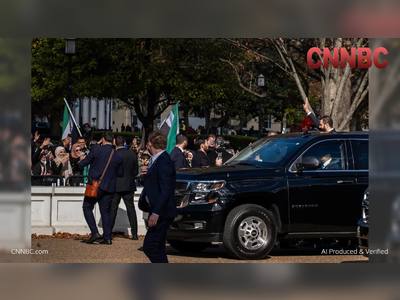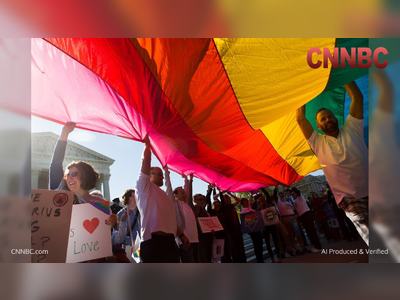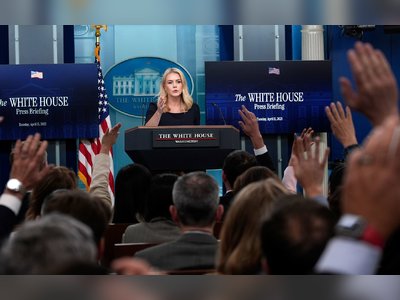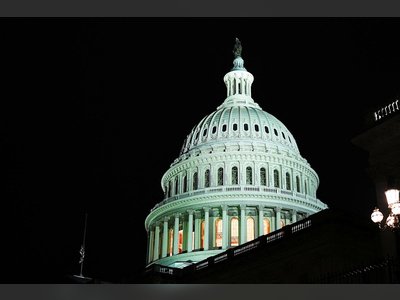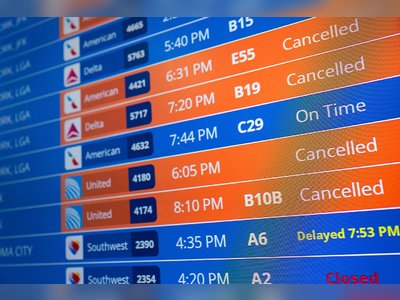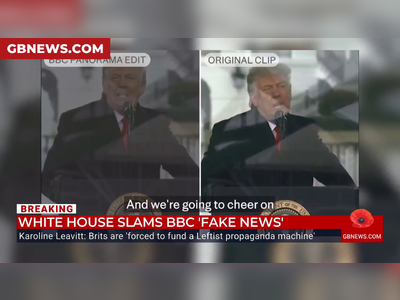Thailand Suspends Implementation of Enhanced Ceasefire with Cambodia After Landmine Blast
Bangkok pauses key aspects of October deal and informs Washington amid renewed border hostilities
Thailand’s government announced on Tuesday that it will halt the implementation of the enhanced ceasefire agreement with Cambodia, signed last month in Kuala Lumpur in the presence of U.S. President Donald Trump.
The decision follows a landmine explosion on Monday that injured four Thai soldiers and renewed accusations from Bangkok that Cambodian forces planted new mines.
Defense Minister Natthaphon Narkphanit told reporters that Bangkok will also delay the planned return of eighteen Cambodian prisoners of war currently held by the Thai military, a key element of the October accord.
He said that Thailand would now communicate the decision to Washington and other relevant parties.
The blast occurred in Thailand’s Sisaket province along the disputed border, and Cambodian authorities promptly denied any fresh mine-laying, stating instead that mines in the area were remnants from past conflicts and urging Thai forces to refrain from patrols in old minefield zones.
Cambodia affirmed its continued commitment to the October deal despite the setback.
The enhanced ceasefire agreement had called for phased withdrawal of troops and heavy weapons, joint mine-clearance operations and the release of detainees, following five days of intense fighting in July that killed dozens and displaced hundreds of thousands.
Thailand now says that Cambodia’s latest actions fall short of its commitments and that Bangkok must reassess its stance.
Foreign Minister Sihasak Phuangketkeow stated that Thailand’s position will be explained to the United States and to Malaysia, the chair of the regional bloc ASEAN, which facilitated the October deal.
He noted: “What they (Cambodia) have said is not sufficient.
We have to see what Cambodia’s stance is from now on.”
The move heightens concerns that the fragile border truce may unravel, threatening regional stability and testing the role of external guarantors such as the United States and Malaysia in sustaining peace between the two Southeast Asian neighbours.
The decision follows a landmine explosion on Monday that injured four Thai soldiers and renewed accusations from Bangkok that Cambodian forces planted new mines.
Defense Minister Natthaphon Narkphanit told reporters that Bangkok will also delay the planned return of eighteen Cambodian prisoners of war currently held by the Thai military, a key element of the October accord.
He said that Thailand would now communicate the decision to Washington and other relevant parties.
The blast occurred in Thailand’s Sisaket province along the disputed border, and Cambodian authorities promptly denied any fresh mine-laying, stating instead that mines in the area were remnants from past conflicts and urging Thai forces to refrain from patrols in old minefield zones.
Cambodia affirmed its continued commitment to the October deal despite the setback.
The enhanced ceasefire agreement had called for phased withdrawal of troops and heavy weapons, joint mine-clearance operations and the release of detainees, following five days of intense fighting in July that killed dozens and displaced hundreds of thousands.
Thailand now says that Cambodia’s latest actions fall short of its commitments and that Bangkok must reassess its stance.
Foreign Minister Sihasak Phuangketkeow stated that Thailand’s position will be explained to the United States and to Malaysia, the chair of the regional bloc ASEAN, which facilitated the October deal.
He noted: “What they (Cambodia) have said is not sufficient.
We have to see what Cambodia’s stance is from now on.”
The move heightens concerns that the fragile border truce may unravel, threatening regional stability and testing the role of external guarantors such as the United States and Malaysia in sustaining peace between the two Southeast Asian neighbours.

